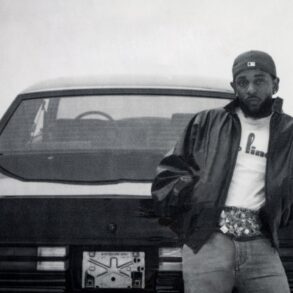
The research explores how African American female rappers influence and reflect the change in owning their identity and how this journey is reflected in rap music and fourth-wave feminism. For decades Black women were hypersexualized or masculinized, from slavery to objectification by male rappers in their music videos (Cohambee River Collective, 1982; Collins, 2000; Davidson, 2015; Cunningham 2018, Ezell et al., 2024). With the monetary success of black female rappers came stark change in the overall presence of black female rappers in society. By writing their own narrative which previously was largely controlled by male rappers (Khong, 2020; Jennings, 2020; Maponya-Cook 2020, Osei, 2021). Black female rappers find joy and power in expressing their desires and taking up place in the top of the charts. The presentation will showcase findings from preliminary research done on a corpus, and further delve into a deeper analysis of three songs by African American female rappers.
Why is that and what can we make out of it?
Culture Vultures invites everybody to the next meeting in which these questions and others will be discussed in a conversation with students and staff members.
When: Tuesday, May 14; 6:30 p.m.
Where: 153
Moderator: Martyna Laskowska
Source and photo credit: AMU Faculty of English
This post was originally published on this site be sure to check out more of their content.








